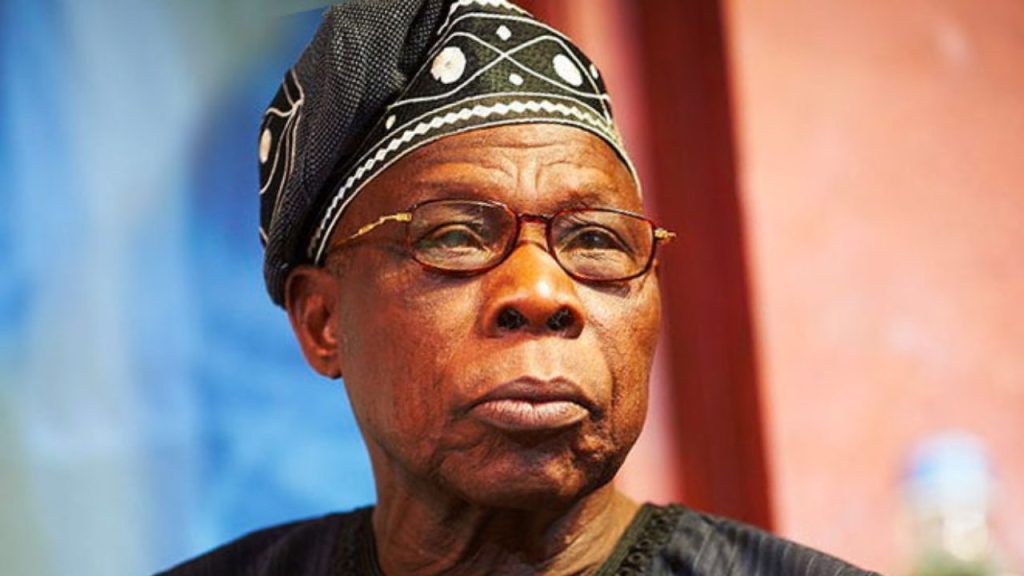Japa Crisis: Obasanjo Calls for Urgent Healthcare Reforms
Obasanjo calls on leaders to retain health workers with better pay, welfare, and support.
Warns that infrastructure alone is useless without professionals to operate and sustain it.
Former President Olusegun Obasanjo has urged Nigerian leaders across all levels of government to introduce strategic incentives to retain medical professionals and curb the ongoing wave of emigration, popularly known as “Japa.”

Speaking on Monday, June 17, during the commissioning of a new hospital in Zamfara State, the former president emphasized the urgent need to halt the brain drain in the country’s healthcare sector. Obasanjo noted that the continued departure of trained medical personnel seeking better working conditions abroad poses a severe threat to Nigeria’s healthcare delivery system.
Highlighting the challenge, he remarked, “For hospitals, especially when many Nigerians who have been trained as medical personnel are ‘japa-ing,’ that is, going out of the country looking for better conditions, how do you hold them here? You have to give them a bit of incentive.”
Obasanjo explained that beyond physical infrastructure and medical equipment, the functionality of any hospital ultimately depends on its workforce. According to him, Nigeria must ensure it creates an environment where healthcare workers feel valued, supported, and adequately compensated for their services.
“We need all the personnel that we can have because our hospitals have to deliver. You need the right environment, and that involves refurbishing, renovation, and the right equipment, and then you need the personnel,” he stated.
The former leader’s comments come at a time when Nigeria is grappling with an exodus of doctors, nurses, and other health workers, many of whom are relocating to countries such as the United Kingdom, Canada, and the United States in search of improved job opportunities, better salaries, and more functional work environments.
Data from the Nigerian Medical Association (NMA) shows that the country loses hundreds of doctors each year to foreign nations. This migration has left many public hospitals understaffed, stretched thin, and often incapable of meeting rising health demands. The impact is particularly severe in rural areas, where the healthcare infrastructure is already weak.
Obasanjo’s call for incentives adds to growing demands for systemic reforms in Nigeria’s health sector. Stakeholders have repeatedly urged the government to implement comprehensive policies that address poor working conditions, low remuneration, lack of career growth opportunities, and safety concerns in the workplace.
Medical experts argue that retaining talent in the health sector would require not only salary increases but also non-monetary incentives such as improved welfare packages, housing allowances, continuing education opportunities, hazard allowances, and workplace insurance schemes.
At the event in Zamfara, Obasanjo commended the state government for investing in hospital infrastructure and urged other states to follow suit. He stressed that building modern facilities was only part of the solution and must be matched with investments in human capital.
“It is not just about the buildings or machines; they mean nothing without capable hands to operate them,” he said.
Obasanjo, who has long advocated for better public service conditions, reiterated that Nigeria cannot afford to keep losing its best minds to foreign countries. He pointed out that while the global demand for healthcare professionals is understandable, Nigeria must do more to retain its workforce and prioritize the well-being of its citizens.
His remarks resonate with recent calls from lawmakers, civil society groups, and healthcare unions pressing the federal government to declare a state of emergency in the health sector.
As the conversation around the “Japa” trend deepens, Obasanjo’s intervention serves as a reminder that addressing Nigeria’s healthcare challenges requires not just infrastructure but also meaningful and sustained investment in the welfare of the people who make the system work.



